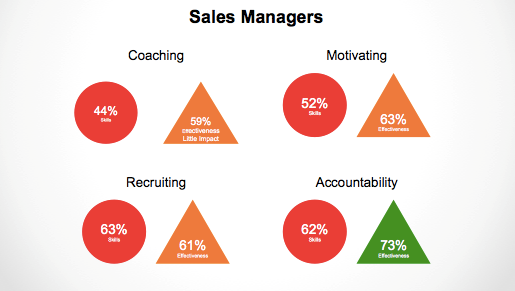In a remarkable show of grit, the University of Alabama clawed back from a 20-point deficit against the University of Minnesota, though they eventually lost by 5. Most of you are probably thinking 1 of 2 things:
- I don’t care about Alabama basketball – that's just something that happens between football season and spring football practice.
- They still lost so why is this relevant?
It’s relevant because of a detail you wouldn’t know about unless you watch college basketball or follow sports shows regularly. For those totally out of the loop, in basketball each team has on the court at any one time 5 players. Due to an injury, a player fouling out and several players being ejected from the game Alabama played the last 10+ minutes of the game with just three players on the court!
Avery Johnson, the head basketball coach for Alabama, was asked to explain how he believed his three guys managed to pull off the most amazing loss in NCAA history. His response was that they practice a lot of defensive 5 on 3 basketball. There is no reason to go into the details of that here other than these two important things:
- Understanding the situations you know you are going to be in at some point during the game is imperative.
- Coaching your players on how to react and what to do in those situations is crucial for your success.
How is that any different than sales? The short answer is that it is not. So why doesn’t it – coaching the team that you have - happen?
- Hiring managers believe they are hiring people with the appropriate skills and know how.
- Most managers don’t believe that their salespeople need practice of basic fundamental sales skills – if they did, more sales training and 1-on-1 coaching would be taking place and more people on the sales team would be hitting their goals.
- More time is spent on crafting the ‘deal’ then on practicing what to do when:
- The decision maker doesn't’ show up for the presentation
- The company hasn’t committed to leaving their current supplier, relationship, banker, insurance broker
- The prospect wants you to ‘sharpen your pencil’
- The prospect wants to ‘think it over’
- Most sales managers – yes this might include you – haven’t been trained on effective coaching, don’t schedule time for coaching opportunities, don’t demand role-playing in sales meetings and confuse performance management with coaching.
Our assessment and research of dozens of companies with dozens of sales managers tell us that less than 10% of sales managers have the appropriate coaching skill set. As you can see from this Sales Effectiveness and Improvement Analysis snapshot of this sales organization the sales managers who are employed there have 44% of the required skills and are 59% effective when coaching.

In addition to effective coaching (Download Keys to Effective Coaching E-book) a Sales Managed Environment requires performance management, effective recruiting, motivation that works and upgrading the sales team.
Here are a couple of ideas worthy of consideration and implementation:
- Carve out time and be a slave to your schedule for 1 on 1 coaching to specifically improve skills and change behaviors
- Make sure that in every sales meeting you have a segment on sales skills improvement that includes drill for skill and role-playing
- Every week in your schedule you should have time for the ‘situation room’. This is the opportunity to conduct pre–call strategy sessions and post meeting debriefs
- Instruct and demand your sales team schedule joint calls with you once a month.
- Make documentation of ALL activity in your CRM a requirement to get reimbursed for business expenses.
In a 1,000 word blog we cannot solve all the sales problems outlined in the beginning but tackling coaching is a great start. For another step in that direction take action NOW. For a free sample of the Sales Effectiveness and Improvement Analysis click the botton below.






